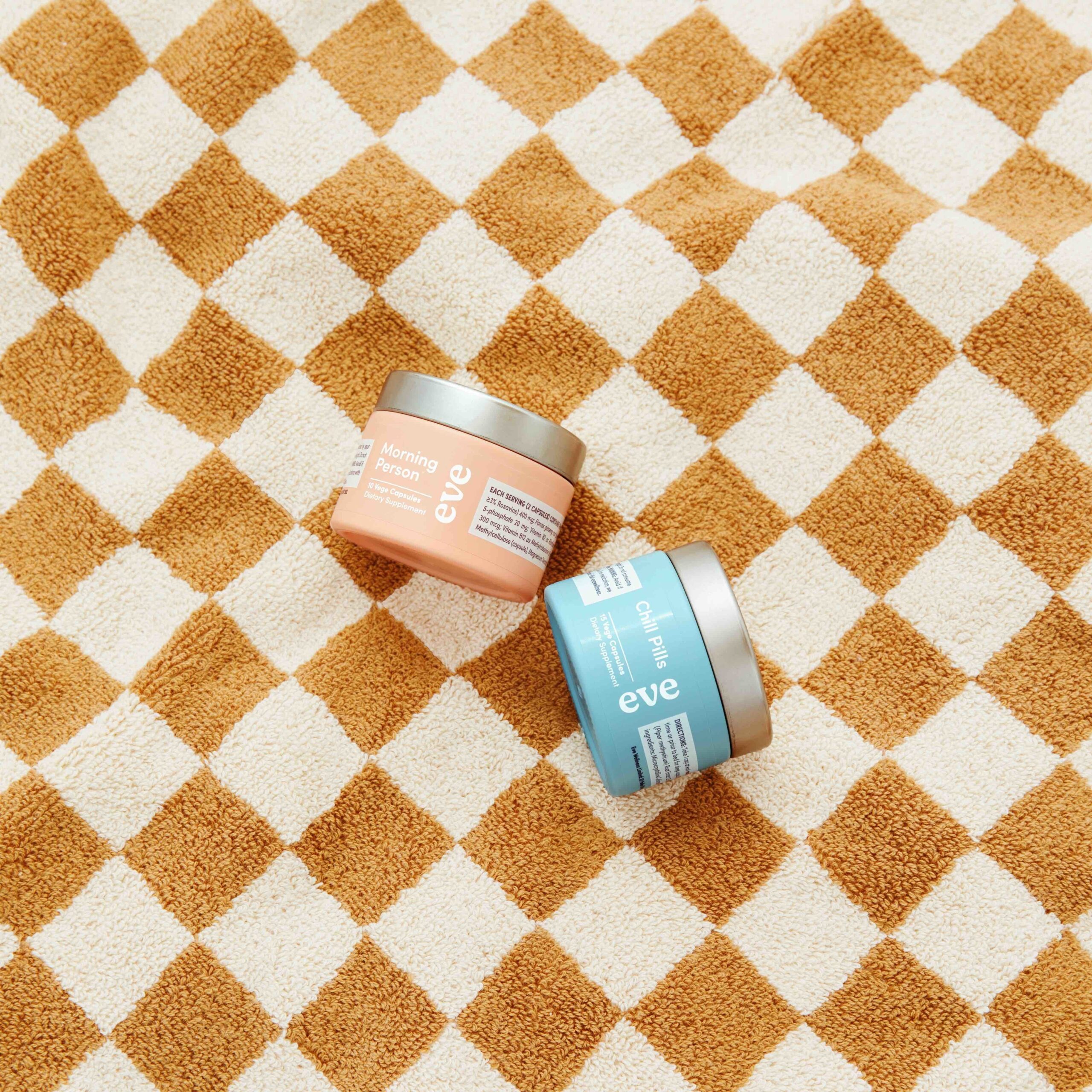Destitute Gourmet Sophie Grey has been living on less for over a decade. Sarah Heeringa talks with the penny-pinching genius whose time has come
Lately every Tom, Dick and Henrietta has been offering money-saving tips. Living on less is the mantra of the moment, but for some it’s a long-term philosophy of living. Sarah Heeringa catches up with Sophie Gray, the cost-conscious guru from the suburbs whose time has come
Sophie Gray, otherwise known as the Destitute Gourmet, has been helping people run smarter kitchens for more than a decade. But back in the late 90s, the idea of making more from less tended to be met with scepticism. “I remember a magazine editor telling me that readers who’d just spent six dollars on a magazine were not going to be interested in saving money. Then they ran the article and got more than 2,000 letters in response.”
A project manager from Whitcoulls noticed the magazine article and promptly commissioned Sophie’s first book, Destitute Gourmet: Stunning Food from Small Change. Five best-selling cookbooks, countless cooking demonstrations up and down the country, an acclaimed website (www.destitutegourmet.com), and numerous television, radio and magazine interviews would follow.
It all sprang from an off-the-cuff comment made at a party.
In the process of starting a business with her husband, Sophie had to make do with a dramatically reduced joint income—and the challenge of conjuring up decent meals for a fussy family of four on less than $70 per week. Asked by a friend about life on a tight budget, she quipped that she was fast becoming a ‘destitute gourmet’. The word spread, and much to her surprise and embarrassment, Sophie was soon asked by a group to speak on the subject. Her subsequent demonstration of how to put together tasty, stylish yet reasonably priced meals was an instant hit. That fateful magazine article followed soon after.
“My basic message hasn’t changed in the last 11 years,” says Sophie. “What’s different is that now it’s trendy—even Gordon Ramsey’s talking about budget meals!”
Three basic principles are central to the Destitute Gourmet philosophy: shop smart; eat healthily and in season; and make a little luxury go a long way.
The good news, says Sophie, is that living on less doesn’t have to be miserable—it’s about living well as much as it is about that dreaded word, budgeting. It’s important to enjoy life, she says, and knowing the bills are covered and you have money allocated for your other expenses is a terrific stress-buster.
Rather than reducing your options, learning to live within your means can be empowering, both for you and the rest of your household. Sophie tells the story of one young Bay of Plenty mother who was under financial pressure to return to work. After attending a Destitute Gourmet seminar she made enough lifestyle changes—taking in a boarder and running a more efficient household—to save what she would have earned after factoring in travel, childcare and a new working wardrobe. For that young woman, spending less gave her the freedom to spend time with her baby.
More good news is that saving money often means making less environmental impact. Living beyond your means, either in terms of finances or natural resources, is pretty much the definition of unsustainable. Sophie says that most of the people attending her workshops are motivated more by a desire to save money than to save the planet, though the latter is an unexpected bonus.
Just back from a family trip to the UK, Sophie is more aware than ever of the growing global trend towards ready-made sauces and meal bases.
“The steady drift towards more and more processed food makes me mad,” she says. “People often assume that if something can be bought pre-made it must be difficult or incredibly time-consuming to make. It’s simply not true!”
Shopping in suburban supermarkets in the UK, Sophie struggled to find whole vegetables. “When you do find them, they’re all shrink-wrapped. If you want carrots and parsnips to roast, they’re likely to come ready-peeled and wrapped on a styrofoam tray.”
“Everyone’s looking for quick and easy solutions, but there are smarter, cheaper and healthier ways to achieve that end. Most people, when asked, will say they want to spend less time in the kitchen, but then they might visit the supermarket several times a week. The idea of ‘popping’ into the supermarket to buy convenience foods is totally counterproductive!
“Productive gardens involve a lot of effort, but in the end there’s nothing more convenient than nipping outside to pick fresh fruit or to gather whatever you need to make a salad.”
Spending less doesn’t mean eating cheap, nasty food—in fact, it means the very opposite. Sophie advocates taking a bit more care in the kitchen: making meals from scratch, knowing the tricks for presenting attractive food and being a strategic shopper.
According to Destitute Gourmet philosophy, shopping strategically means distinguishing between essential pantry items and luxuries. ‘Luxury’ means different things to different people, but in the kitchen it involves using a little of something special to make an otherwise basic meal more appetising. A quality cut of meat can be considered a luxury item because of its price and the environmental cost of production, and Sophie has loads of clever ideas for making meat go further (see below for examples).
Living well on less means more than saving a bit of money here and there. “Our family has never gone without anything that was actually important, and we’ve achieved more than we ever imagined was possible on a low income,” she says. Life as the Destitute Gourmet may not have brought Sophie great wealth, but it’s been an enriching journey.
“Ultimately, it’s a lifestyle choice to make the most of precious resources and to consciously savour the good things, the things that really matter.”
Meat
OPPORTUNITY
Meat makes up a significant chunk of the average grocery bill. But don’t buy cheap and nasty meat, says Sophie. Choose good quality meat and use less of it. Understanding the various cuts of meat helps you shop smart. There’s more on choosing economical meat cuts at www.destitutegourmet.com.
SAVE MONEY
Hearty casseroles, meat and veggie pies, spicy chillies and curries can all stretch meat a long way. Sophie’s cassoulet-style dish is made with tinned tomatoes, veggies, creamy cannellini beans and three good butcher’s sausages.
Bulk out meals with seasonal vegetables and starchy carbohydrates. Add extra vegetables to a family casserole and serve it in ramekins with a cobbler topping, in a pasty or with crusty bread.
BONUS!
Fill the plate with inexpensive pulses and seasonal produce and you’ll also improve your health. Lentils, kidney beans and chickpeas are all cheap sources of protein, iron and fibre. Likewise, meals based around carbohydrates such as rice, pasta, grains, bread and noodles can be cost effective, healthy and delicious.
Beef and dairy farming are carbon-intensive and hard on the environment. Eating less meat makes a much bigger difference to your carbon footprint than eating local produce or even driving a Prius.
Garden
OPPORTUNITY
As well as adding value, a landscaped garden creates outdoor areas you’ll want to be in, giving your children somewhere safe and healthy to play, and saving you money by providing a venue for social events and a source of food.
SAVE MONEY
A planned garden doesn’t have to happen all at once, says Sophie. If you develop an overall plan, you can save towards it while working on one or two areas at a time, leaving other projects for later, as your budget will allow.
Not everything needs to be costly: use discarded woollen carpet as a weed mat, collect cuttings from friends, ask gardening advice from elderly neighbours.
BONUS!
Landscaping can substantially improve a property, adding as much as 15 percent to its value, says Sophie.
Growing your own vegetables, especially from seed, is the cheapest way to introduce organic food to your diet.
It doesn’t get any fresher, healthier or easier than popping down to the garden for your dinner—plus your ‘food miles’ can be measured in metres.
Planting native flowers and trees encourages native birds into your garden—a great way to teach your kids about New Zealand’s birdlife, and their songs provide a lovely soundtrack to live with.
Sharing your home
OPPORTUNITY
Sharing your home may not be your dream lifestyle, but an empty bedroom is a missed earning opportunity, says Sophie
SAVE MONEY
Renting out your spare room to a home-stay student or boarder will bring in regular income—up to $10,000 per year.
If you don’t have a spare bedroom, consider investing in a set of bunk beds and having your kids share a room for a while.
BONUS!
Living with others is a simple way to decrease your household’s carbon footprint.
Shared meals are more efficient than cooking for one and it takes the same energy to run a heater, light and TV for one as it does for several.
Can’t afford to take the family travelling overseas? Accommodating a foreign student introduces your children to another culture and language.







